Federalism as an experiment in Nepal
We are all familiar with the term ‘Federalism’, which in simple terms means division of government on the basis of tiers. In Nepal; federal, provincial, and local level has been implemented as three tiers of government. There are pros as well as cons of federalism, and when viewed particularly in the context of Nepal, the area of Nepal, and annual budget have been two of prominent topics that were a heated discussion as seen. Nepal has seen various types as political as well as administrative philosophies and here we shall closely watch the positive aspects and negative aspects of federalism to justify why it is a mere new experiment in our governance system.
Positive aspects of federalism:
There are various aspects that are positive in sense when we talk about the federal governance system. Among many few are listed below:
i) Decentralization of power: Unlike other governance models, in federalism, decentralization can be seen and has been achieved till the root level. When we talk in the context of Nepal, federal level, provincial level, and local level are three forms of government, each working on it’s own. Most of the administrative offices have been decentralized and that has provided relief to the peoples in a sense that works that needed time and effort to be done by visiting several offices located at inconvenient places now can be accomplished from local level. Not only governmental administration, but even the politics via political parties, service motive private firms, industries, and companies have got decentralized due to which peoples are having convenient days to get services at their doorsteps when compared to earlier forms of government. Education system too has been decentralized with the introduction of Basic Level Examination being conducted by the local governing body for the schools of any particular place based on geo-political division.
ii) Training of Manpower: Another merit of federalism is that it trains the manpower beginning from the local level. The daily activities that are being done in every aspect of society trains the manpowers so that when they are promoted or provided certain tasks, they can easily get the work done within a given time frame achieving better results than the previous system. Let us have a glance at it. A mayor at local level is trained with the political and administrative system, so that when he gets to work on provincial level or in federal level at the next phase, can easily get better results as a result of his experience of working as a mayor in his earlier days at local level. Same is for bureaucracy and all other governmental as well as private institutions. Decentralization in the school education system has provided further boost to allow stakeholders and officials in a way that they are going to lead the nation tomorrow by generating the manpower of the need at all levels for the nation. Thus federalism has this merit and in the coming days we can expect better, aware, and conscious politicians, traders, entrepreneurs, customers, as well as employees who can tackle any sort of problem and fulfill the demands of the nation in entirety.
iii) Representation of Voices: The earlier administrative system failed to represent the voice of citizens. However, when we see from the eyes of federalism the voices of peoples have been attempted to be represented by means of peoples representatives from the local level till the federal level. In the local level government even the wards do have people’s representatives based on inclusion principle. Thus federalism has been successful in representing the voices of all peoples whether it be a majority group or minorities, and peoples can seek the solutions to their problems. The problems are then assessed according to the tiers of government model beginning from local level and ending at federal level. This creates awareness in peoples in terms of both political and administrative aspects.
iv) Better laws, policies, and economic reform: By means of federalism, each tier of government is dutied to formulate its own laws, policies, as well as economic reforms to sustain the governance. A local level too conducts budgetary works, then seeks aid from province and federal level. This significantly boosts the administrative system of the nation. The benefit that we can get from federalism is that local levels can introduce their own laws and policies depending upon the nature of society that they have by including analysis of livelihood, services and trades, education, health sector, infrastructures, cultural, historical and religious values for the betterment of society. The laws of local levels are further studied by the provincial government to formulate policies for that particular province whereas the laws of the provinces are further studied by the federal government to formulate better laws and policies for the entire nation. This paves the road for progress which any citizen would expect to see in their nation. We have briefly discussed the merits of federalism. Now we shall briefly discuss the demerits of federalism in the context of Nepal.
Negative aspects of federalism:
As told as a universal fact that everything has its own merits and demerits, we shall have a glance at the demerits of federalism.
i) Costly and Expensive: Nepal is a small country when compared to other federal nations and thus the cost factor cannot be neglected. With decentralization, the cost of operating the government gets increased until and unless each government is sufficiently able to generate its own income, have its own investment as well as obtain profit from its investment. The infrastructures built due to division of government in terms of federal, provincial, and local requires more operating cost, more manpower and thus more budget. Similarly the facilities and services provided to government employees also has to be increased which adds another burden to the government. Similarly the tax to be levied on peoples gets increases which needs to be revised as peoples need to pay multiple taxes to different tiers of government.
ii) Psychological ego due to possession of power: If we look particularly at the government offices, then even at the local levels, we can find employees who are driven by ego as their psychological factor due to virtue of being working for the government. This can even be seen in people’s representatives, who now have learned the power of vote, and being voted by citizens. Thus this decentralization brings a thirst for political and administrative power as a psychological driven factor.
In defense of federalism as an experiment:
We have not exclusively discussed why federalism is an experiment in the case of Nepal. We have been a federal state since the new constitution was promulgated in 2072 B.S. We have seen views of people, government employees, private sector, people’s representatives, and have summed the merits and demerits that have been a general interest of discourse on the topics of federalism. These merits and demerits are the variables that needs to be taken into account while doing mixed research(both qualitative and quantitative) along with working models, and the datas obtained has to be carefully checked to formulate a discrete decision, then plan that decision for a public awareness to make citizens satisfied with the current models or to bring any other alternative model. Further, when we closely examine the demerits, then we need to convert those demerits into merits because the cost and expenses that are involved in making infrastructures for governmental offices and works ultimately are the assets of the government which serves as an investment. Also the psychological factor is a common thing that prevails not only in Nepal, but in most of the nations and it is a general law of nature that every living being has a hidden thirst for power. Ethics needs to be approached, so that a healthy relation can be developed between the rulers and the ruled ones.




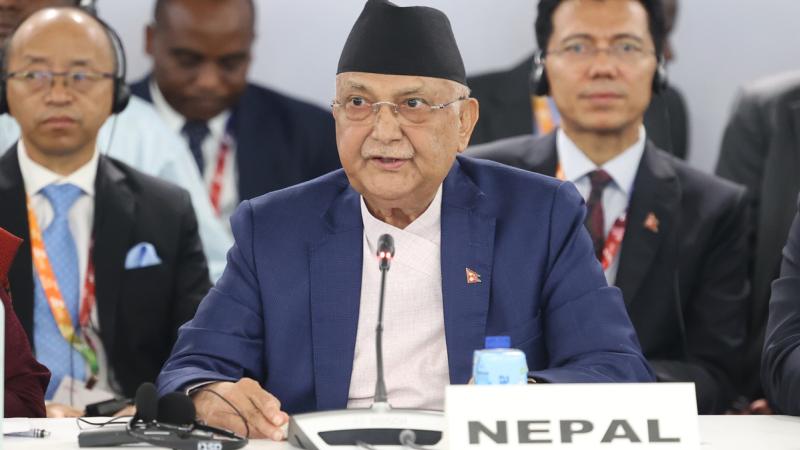

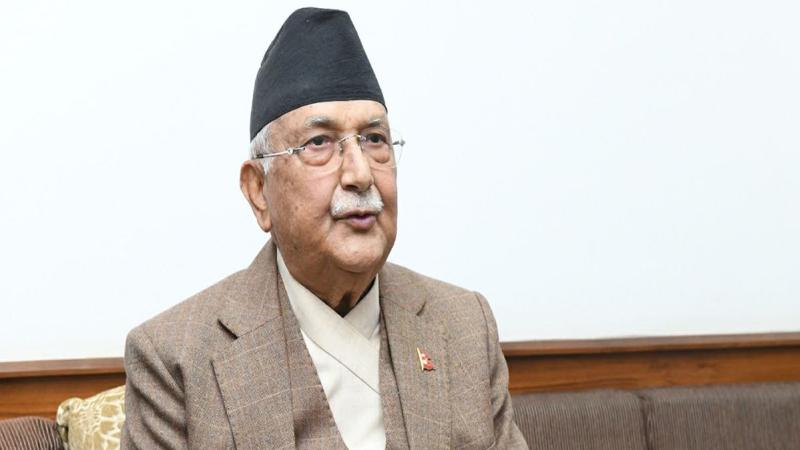
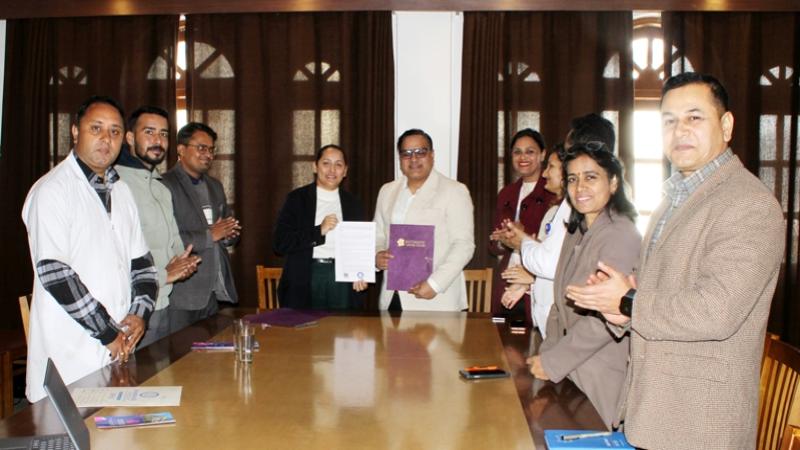
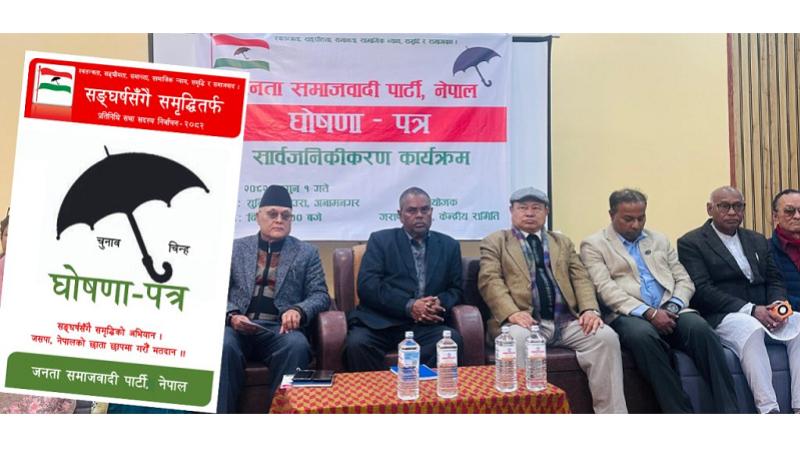
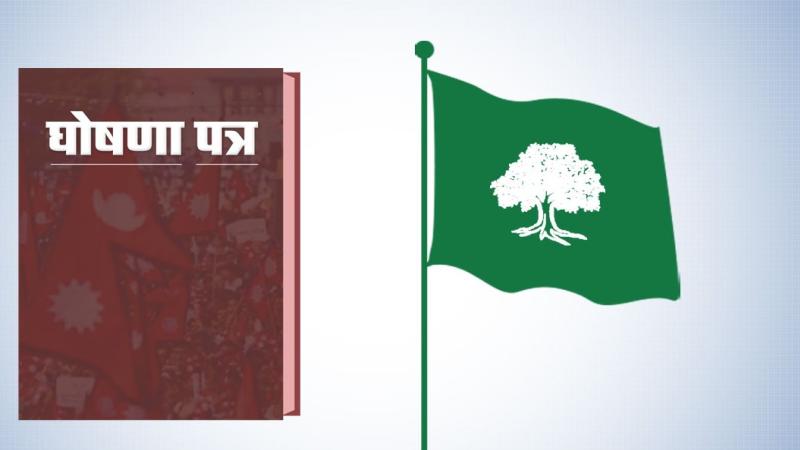



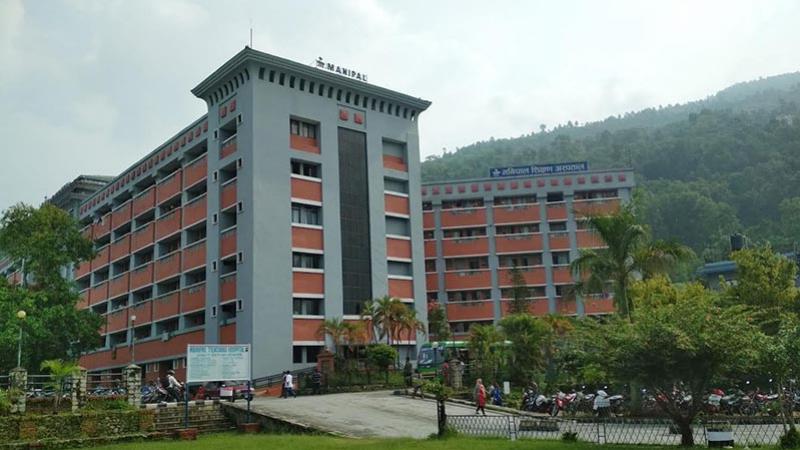
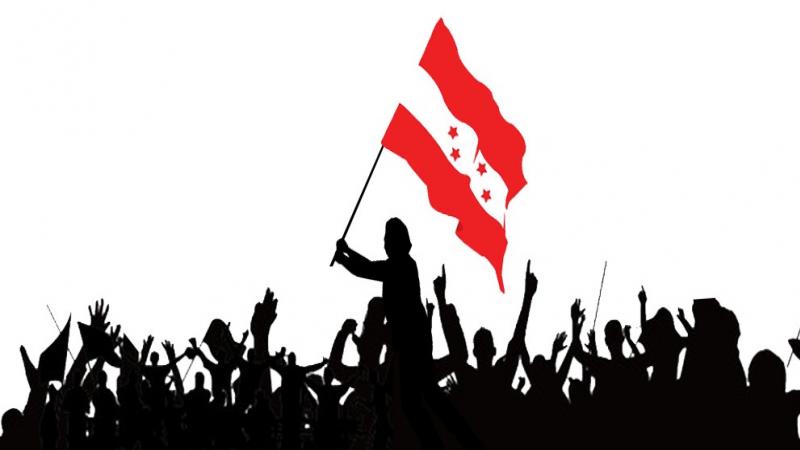


 Indian Rupee
Indian Rupee U.S. Dollar
U.S. Dollar European Euro
European Euro UK Pound Sterling
UK Pound Sterling Swiss Franc
Swiss Franc Australian Dollar
Australian Dollar Canadian Dollar
Canadian Dollar Singapore Dollar
Singapore Dollar Japanese Yen
Japanese Yen Chinese Yuan
Chinese Yuan Saudi Arabian Riyal
Saudi Arabian Riyal Qatari Riyal
Qatari Riyal Thai Baht
Thai Baht UAE Dirham
UAE Dirham Malaysian Ringgit
Malaysian Ringgit South Korean Won
South Korean Won Swedish Kroner
Swedish Kroner Danish Kroner
Danish Kroner Hong Kong Dollar
Hong Kong Dollar Kuwaity Dinar
Kuwaity Dinar Bahrain Dinar
Bahrain Dinar